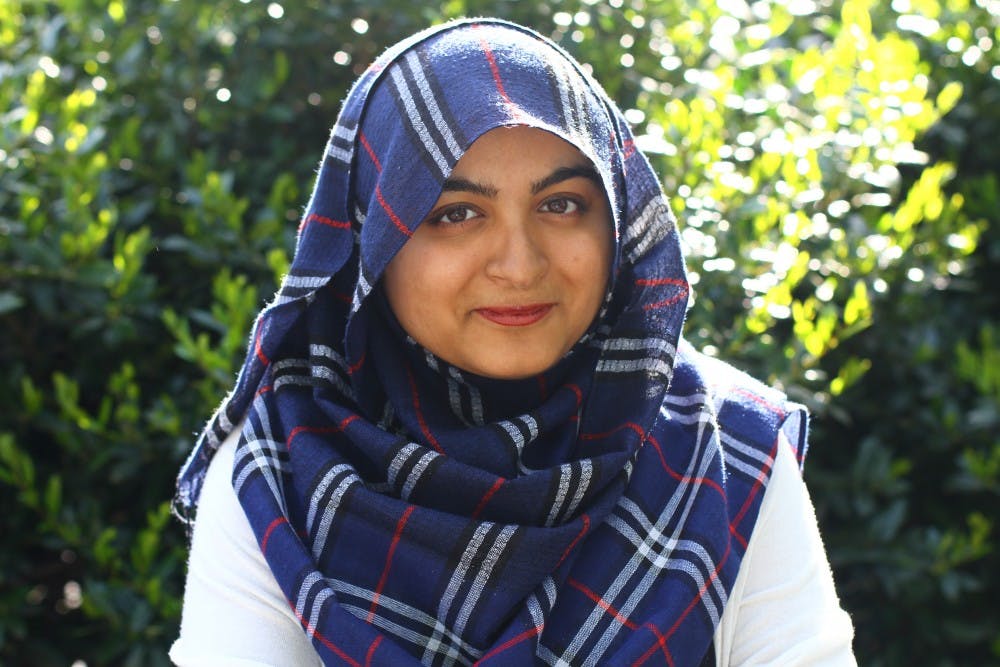Am I an American Muslim or Muslim American? How should Muslims in the U.S. identify themselves or be identified by others?
To be American is an adjective, and to be a Muslim is a noun, and therefore grammatically one is an American Muslim. However, there are various labels, each with their own unique set of implications. For example, “American Muslim” allows for a tapestry of ethnic and racial backgrounds to be woven into the ever-changing definition of American, but Muslim American allows Muslims to prioritize their faith. One might ask how is UNC’s Muslim Students Association to identify itself in private and public?
Debates surrounding the politics of identity are many. Perceptions of the self and others stand at the intersection of healthy communication across various boundaries and basic regard for all people. Furthermore, identity construction is a part of not only daily conversation but scholarship and research. Should a study examining mental health among Muslims in America refer to them as American Muslim, Muslim American or a combination? Many studies use American Muslim and Muslim American interchangeably. Perhaps these papers should briefly address the implications of the two labels just as they define the terms of the research.
I conducted an informal poll of the UNC’s Muslim population. I presented participants with four options: Muslim American, American Muslim, Muslim-American and space to write in. While prefacing that their faith comes before any ties to nationality and culture, 33 percent preferred American Muslim. Many felt that the term ‘Muslim-American’ racializes religious identity, imagining a monolithic “Muslim World.” Some noted that the hyphenated identity denoted a second class status, rather than defining them as equally American. Some also highlighted the necessity to affirm commonalities with other Americans, particularly in order to combat Islamophobia.
Incidentally, the label ‘Muslim American’ was actually most preferred with 37 percent electing to be identified as such because it emphasized faith. These preferences raise the question, which community does a person desire to find solidarity and community with?
Some students raised the concern that Muslim-American or Muslim American performed a certain erasure of identity by excluding people from their national/ethnic identities. One student wrote in a fourth option in which she included her dual nationality “Indian American Muslim” in an attempt to strike a balance between all three.
Although I personally prefer to be called an American Muslim, these findings demonstrate the diversity of Muslims at UNC.



